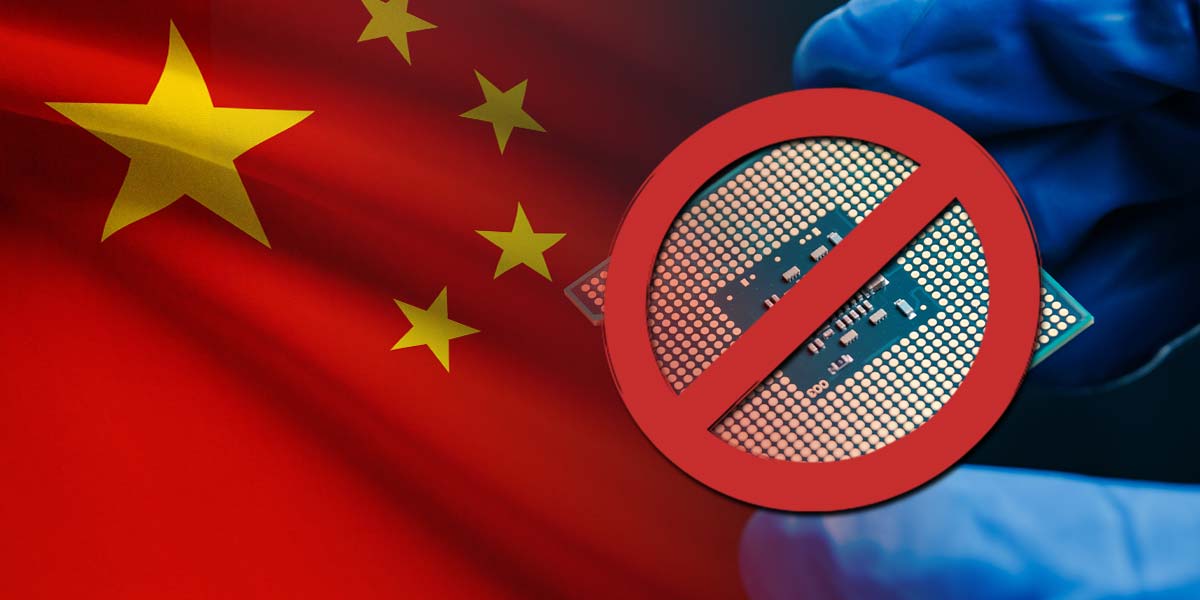China has issued new guidance requiring that all newly funded state data center projects use exclusively locally made artificial intelligence (AI) chips, two sources with knowledge of the directive told Reuters.
The shift marks one of Beijing’s most assertive moves yet to eliminate foreign technology from critical infrastructure as the country intensifies its pursuit of AI chip self-sufficiency and decreases reliance on the U.S. amid ongoing tech rivalry.
According to sources, Chinese regulators have recently ordered data centers less than 30% complete to remove any installed foreign chips or cancel planned purchases. More advanced projects will be evaluated on a case-by-case basis. The ultimate scope of the order remains unclear, and it is not specified whether the directive is nationwide or limited to certain provinces.
The policy threatens to further undercut foreign chipmakers—including Nvidia, AMD, and Intel—who have traditionally supplied chips to Chinese data centers. For Nvidia in particular, this guidance deals a setback to its ambitions to regain market share in China, especially after U.S. President Donald Trump remarked last week that Washington would permit Nvidia to “deal with” China, but not with its most advanced chips.
Despite gradual warming in high-level dialogue between Washington and Beijing, China’s new directive emerges as part of a broader response to longstanding U.S. export curbs aimed at throttling China’s technological advancement.
Since 2021, Chinese AI data center projects have collectively received over $100 billion in state support, Reuters reports, with the vast majority of data centers tapping some form of government aid. Some projects, including a facility in China’s northwest originally slated to use Nvidia chips, have already been halted prior to construction in response to the new requirements.
The guidance applies to Nvidia’s H20 chip—the most advanced AI hardware Nvidia is permitted to sell in China under current U.S. export controls—and also encompasses even more powerful processors like the B200 and H200. While these are formally restricted under U.S. rules, they remain available via grey-market dealers.
Beijing’s renewed focus on homegrown tech follows regular U.S. justification of export controls, namely preventing advanced chips from supporting Chinese military development. In parallel, China has worked to discourage major local tech companies from acquiring advanced Nvidia chips and has demonstrated the use of domestic AI chips in national data center showcases.
The new government order is expected to further expand the domestic AI chip market for companies such as Huawei Technologies, Cambricon, MetaX, Moore Threads, and Enflame. However, uptake of Chinese-made chips faces hurdles: many developers remain closely tied to Nvidia’s robust software ecosystem and have been slow to adopt alternatives.
While the guidance stands to benefit China’s fledgling chip industry, analysts caution it may further widen the technological gap with the U.S., where leading tech giants continue to secure massive volumes of Nvidia’s most advanced processors. Chinese semiconductor manufacturing also faces supply chain constraints due to ongoing U.S. sanctions impacting high-end production capability.





